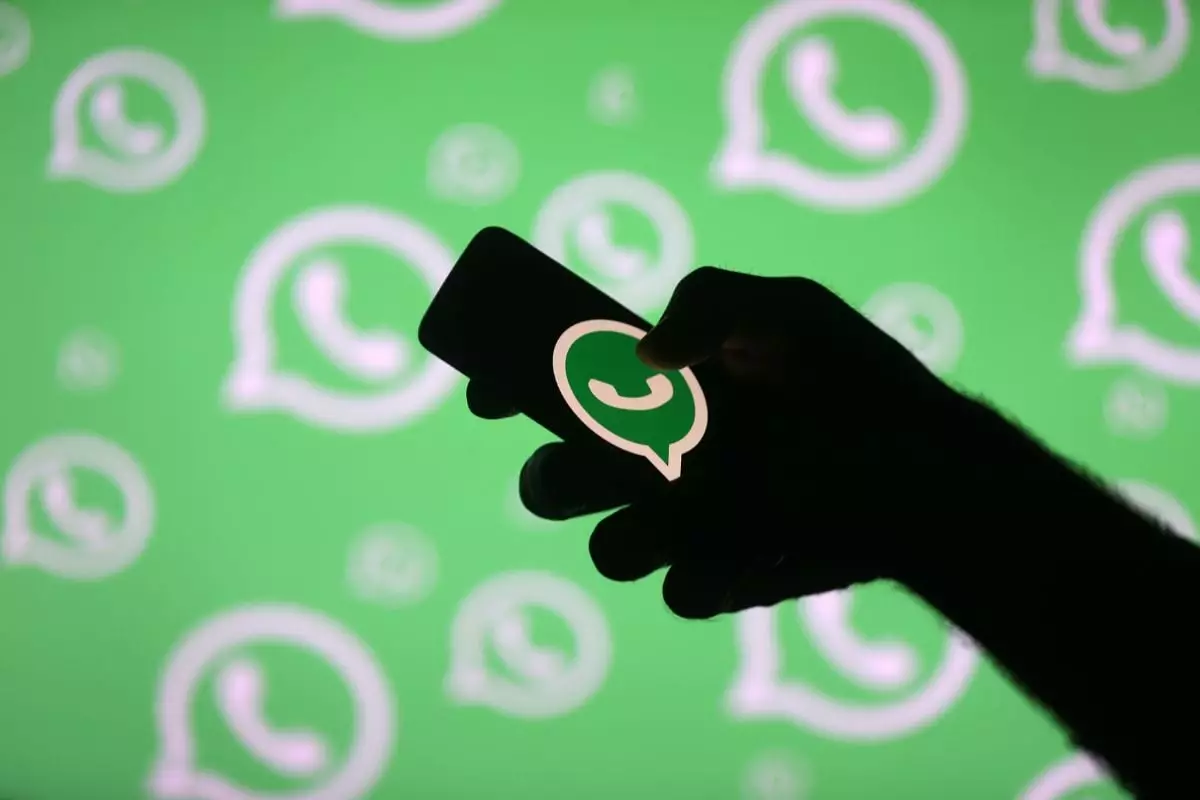In a notable legal battle underscoring the tension between technology and privacy, WhatsApp has secured a significant victory against the NSO Group, a firm infamous for its development of the Pegasus spyware. A U.S. District Court judge found the Israeli company liable for covertly accessing and infecting the devices of 1,400 users through WhatsApp’s infrastructure. This ruling not only holds NSO Group accountable under federal hacking laws but also identifies its actions as violations of California state legislation. The implications of this case extend beyond the courtroom, reflecting broader concerns regarding digital privacy and corporate accountability.
The ruling delivered by U.S. District Judge Phyllis Hamilton establishes that NSO Group breached both the federal Computer Fraud and Abuse Act (CFAA) and California’s Comprehensive Computer Data Access and Fraud Act (CDAFA). WhatsApp’s claims of unauthorized use of its platform by NSO to deliver malware were validated, intensifying scrutiny on the software industry’s responsibility for its products and how they are employed. Judge Hamilton’s decision allows WhatsApp to pursue compensation in a separate trial scheduled for March 2025, where the extent of damages owed by NSO will be determined. This forthcoming phase will examine the repercussions of NSO’s illicit activities on individuals and the broader implications for user privacy.
Will Cathcart, WhatsApp’s head, heralded the court’s decision as a monumental win for privacy advocates. In his comments, he emphasized the imperative for accountability in the spyware industry, suggesting that the ruling could serve as a catalyst for reform in how surveillance technologies are regulated. The judge’s remarks highlighted NSO Group’s lack of transparency, particularly its failure to provide the source code of the Pegasus spyware, which reinforces concerns about unchecked corporate surveillance practices. The ruling sends a clear message that such invasive tactics will not go unchecked and that companies engaging in digital espionage will face legal consequences.
This legal victory comes in the wake of increasing public and governmental scrutiny regarding the misuse of surveillance technologies by corporations and governments. NSO Group has argued that its products were designed to assist law enforcement in combating serious threats, including terrorism. However, the revelation that such technologies were misused against journalists, activists, and political figures raises fundamental questions about balancing national security with individual rights. The WhatsApp case serves as a critical example of the profound ethical ramifications associated with surveillance tools, suggesting that the line between security and privacy can be perilously blurred.
Since first filing the lawsuit in 2019, WhatsApp has committed itself to protecting user privacy against malicious exploitation. This determination illustrates a broader trend among tech companies to defend their platforms against aggressive cyber tactics. With the legal landscape shifting towards increased accountability for firms deploying invasive technologies, WhatsApp’s ruling may inspire other organizations to pursue legal action against similar threats. The resolution of this case could set a precedent, signaling to other tech companies that aggressive legal remedies are potential tools for safeguarding users in the increasingly murky world of digital communications.
As the digital landscape evolves and the proliferation of surveillance technologies continues, the significance of WhatsApp’s legal victory against NSO Group cannot be overstated. This case not only highlights the need for rigorous legal frameworks to protect individuals’ privacy rights but also serves as a reminder to surveillance companies that their actions will be scrutinized and challenged. As we approach the upcoming damages trial in 2025, the tech industry—and society at large—will be watching closely to gauge the future of digital privacy and security in a world where the risks of surveillance have never been greater. This pivotal ruling may indeed mark the inception of an era where accountability and consumer protection reign supreme in the realm of technology.


Leave a Reply
You must be logged in to post a comment.